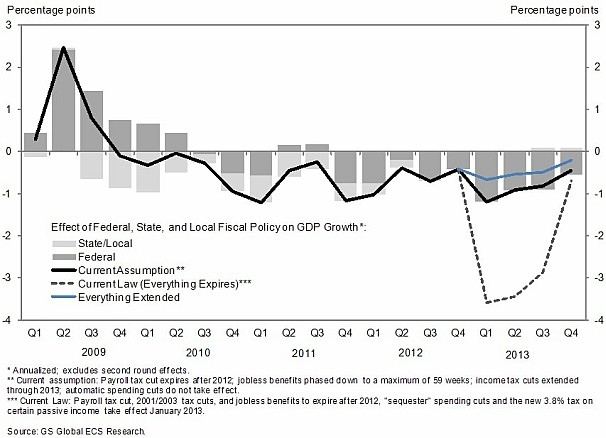I know, I know … I hate paying road tolls as much as the next driver. But the current road pricing scheme is broken and getting broken-er. Andrew Coyne points out the unpleasant realities:
… the demand for road use — traffic — is not a fixed quantity. Like anything else, it fluctuates with the price. And the price to use the roads, under present policies, is denominated in time: that is, by how long people are prepared to stew in traffic. This is, when you think about it, perverse. The people who get first claim on the roads are the ones who put the lowest value on their time. Or in other words, the people who need them the least.
That’s why analysts have long recommended pricing roads in more conventional terms, i.e. dollars and cents. But there are lots of ways of getting even this wrong, so we need to eliminate a couple more alternatives, such as:
More taxes. Many people’s first response to the notion of pricing roads is to say “but I already pay a gas tax.” The more knowledgeable will point to statistics showing that revenues from gas taxes more than pay for the cost of building and maintaining the roads.
But these are far from the only costs at issue, or even the most important. As far as congestion is concerned the cost that matters is not the cost of building the road, but the cost of using it. Every time you use the road, you impose a cost on other drivers, so far as you make the roads that much more crowded — as they, of course, do you. Add up those costs over millions of drivers every day — costs measured not only in delays, but in more collisions, more wear and tear, more pollution, and so on — and we are well into the billions, according to several estimates.
[. . .]
What’s really needed, then, is a more comprehensive approach. With modern technology, there’s no reason to toll only some roads and not others. Using GPS-style in-car transponders and satellites, it’s now possible to charge drivers to use the roads generally, with the highest charges applying in downtown centres and at rush-hour — just as you pay a higher charge to use your cellphone depending on the location and time of day. You’d even get a monthly bill in the mail.
Far-fetched? Britain and the Netherlands have each been on the verge of adopting similar schemes in recent years. That each backed down in the end tells you something of the political sensitivities involved: It’s always hard to get people to pay for things they are used to getting for free. But the roads aren’t free. We’re paying more and more to use them every year.
Pay in congestion, in time and noise and aggravation — or pay by credit card. Once you think of it that way, the choice should be easy.


 It’s been a big issue in Minnesota for the entire off-season, but I haven’t been following too closely (not living in the state, I don’t know anything about the issue other than what the StarTribune and the Pioneer Press have been reporting, leavened with some angst and bile from the various Viking fan blogs).
It’s been a big issue in Minnesota for the entire off-season, but I haven’t been following too closely (not living in the state, I don’t know anything about the issue other than what the StarTribune and the Pioneer Press have been reporting, leavened with some angst and bile from the various Viking fan blogs).

